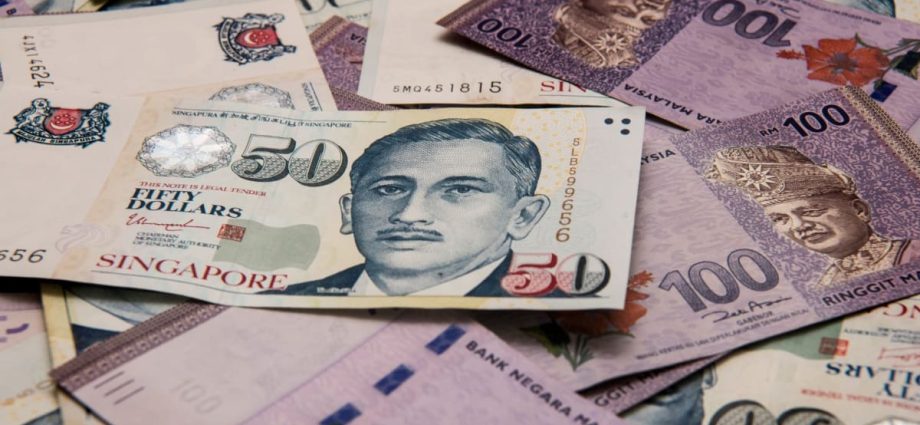
The currency had surged by 1.8 per cent on the day of Mr Anwar’s appointment on Nov 24 – the largest single-day gain since March 2016.
He noted that predictably, the ringgit has not seen similar gains since.
“In November, the ringgit strengthened primarily due to the semblance of political stability post-election. However, it has since depreciated due to external factors such as the (US Federal Reserve’s) highly aggressive interest rate hikes, the US banking crisis and geopolitical uncertainties,” said Mr Afiq Asyraf.
Mr Hafidzi Razali, a senior analyst with strategic advisory firm Bower Group Asia, added the weaker ringgit recently can be attributed to China’s ongoing economic recovery.
“Given that China is one of Malaysia’s largest trading partners, China’s economic recovery is important for the value of (the ringgit),” said Mr Hafidzi.
He noted that Malaysia’s exports had contracted 1.8 per cent year on year in the first quarter of 2023, and that this could largely be attributed to the decline in exports to China.
Domestically, Mr Hafidzi posited that Malaysia’s relatively weaker investment opportunities and impending structural reforms have held back the ringgit’s value.
“Private investment opportunities remain relatively limited; compared to developed economies such as the US and Singapore,” said Mr Hafidzi.
“The market is still anticipating whether impending structural reforms will be implemented (by the Malaysia government); particularly on large subsidy bills, low tax base and the ability to attract value-added foreign direct investments,” he added.
WHAT LIES AHEAD FOR THE SGD TO MYR RATE?
Analysts whom CNA spoke to added that the value of the Singapore dollar to the Malaysian ringgit could spike to new highs in the near term especially if the US dollar continues to appreciate.
However, some have stressed that the Singapore dollar to Malaysian ringgit value would stabilise given that the US government has agreed to raise the debt ceiling and that Congress would vote on the deal on Wednesday.
After the agreement was announced on Saturday, US President Joe Biden said that the deal was “good news for the American people, because it prevents what could have been a catastrophic default and would have led to an economic recession, retirement accounts devastated, and millions of jobs lost”.
The tentative agreement to suspend the US$31.4 trillion debt ceiling must now get through the Republican-controlled House of Representatives and Democratic-led Senate before June 5 to avoid a crippling first-ever default.

